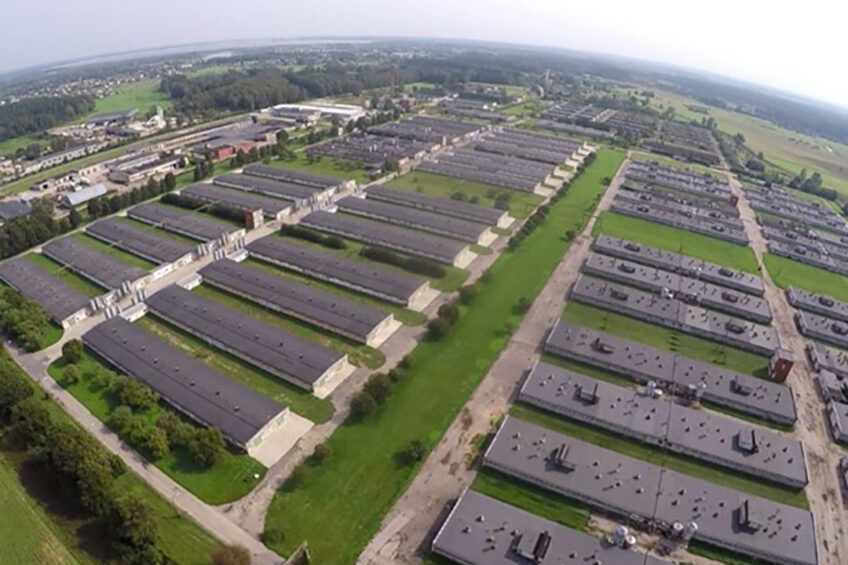Latvian poultry group warns of record losses

Linas Agro Group will suffer a €9 million net loss in 2022 due to an “extremely and unprecedented” rise in electricity costs this year, Andyus Pratskyuvichyus, chairman of the board of the company, told local news outlet, Leta.
Linas Agro Group is the parent company of Putnu Fabrika Kekava, the largest Latvian poultry processor. In the last fiscal year, the company suffered a net loss of €2.2 million.
“There has never been such a large shift in production costs before. Natural gas and electricity [prices] have reached historical record levels. For our company, the gas price has soared by more than 600%, while the price of electricity 200% compared with the same period of the previous year,” Pratskyuvichyus said.
The present situation is making it difficult for the entire poultry industry in the country to maintain operation, he admitted.
“We see no room for cutting electricity and natural gas consumption within our company,” Pratskyuvichyus said, adding that a drop in output in any production segment imperils the entire production chain. “Lowering electricity and natural gas consumption is closely linked to biosecurity risks, as it endangers the health of birds and affects the overall business process,” Pranckevičius said.
On the other hand, breeding poultry requires compliance with a certain temperature regime at each production stage: from 34°C at the beginning to 19°C degrees at the end of the growth cycle. The temperature regime is constant throughout the year, and any violations of the standards hurt the production process, Pratskyuvichyus explained.
Alternative options
Linas Agro Group is working on establishing a solar battery park to mitigate the rising costs. The project is called to help the company partly switch to autonomous power generation sources.
In addition, the company hopes to finish building an LPG backup storage facility to secure the heating of the poultry houses by the end of the current season. This infrastructure will come in handy if natural gas is entirely unavailable in Latvia.
The worst is yet to come
Pranckevičius added that the rapid rise in energy and feedstuff prices will affect poultry farmers across Europe, with the greatest impact expected in the winter of 2022/2023. The increase in retail prices is likely to hamper consumption. For this reason, Kekava puts a lot of effort into constraining the rise in prices.
“No one can predict the development of events, so the market remains in a state of uncertainty, facing huge risks,” Pranckevičius said.








